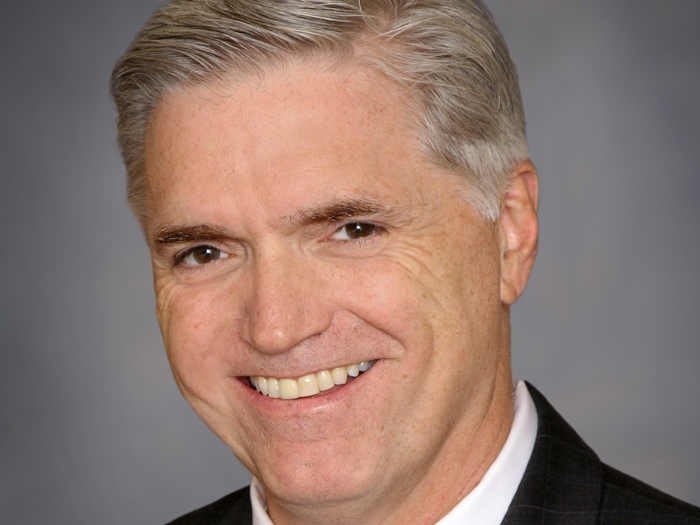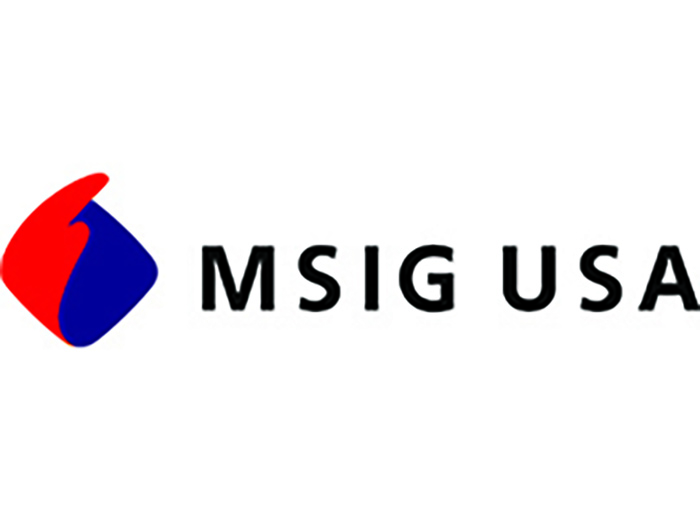Legal Roundup: PepsiCo Faulted for Plastic River Trash, Toyota on the Hook for Lending Abuse, and More

New York State Sues PepsiCo Over Plastic River Trash
The Case: New York state has sued PepsiCo over plastic trash clogging up the Buffalo River.
The state said that it did a survey of waste in the river and found that trash from PepsiCo products was most prominent, driving water contamination and harming wildlife, according to the BBC. The lawsuit also challenges PepsiCo’s environmental claims, asserting that the company has been increasing its use of plastics, despite claiming the opposite publicly.
Scorecard: The case has recently been filed and has not reached a resolution.
Takeaway: Despite PepsiCo proclaiming its commitment to reducing plastic use, it is now under scrutiny for potentially misleading the public about its environmental efforts and the risks of its plastic packaging.
While there’s no telling how the case will turn out, it’s a reminder that businesses must be genuinely committed to their environmental pledges, as discrepancies between public statements and actual practices can lead to legal and reputational risks.
Companies should ensure that their environmental initiatives are transparent and verifiable to avoid accusations of greenwashing. The lawsuit also reflects a growing trend of governments demanding environmental accountability from companies.
Cannabis Employee’s Family Sues for Negligence After Asthma Death
The Case: The family of Lorna McMurrey has sued her former employer, cannabis company Trulieve. McMurrey had a fatal asthma attack in January 2022 that the family has linked to her working conditions at Trulieve’s marijuana production facility.
According to her family’s attorneys, McMurrey worked in the facility’s “pre-roll” production room where “the cannabis dust and mold from the cannabis covered workers from head to toe.”
They claim it led to two asthma attacks, the first in November 2021, with a second, fatal attack following two months later.
The lawsuit alleges that despite being aware of her initial attack, Trulieve failed to take protective measures. The plaintiffs allege “negligence, gross negligence, recklessness and willful and wanton misconduct against Trulieve,” Boston 25 reports.
Scorecard: The case has recently been filed and has not yet reached a resolution.
Takeaway: Businesses, especially in emerging industries like cannabis, must prioritize worker safety. It also underscores the necessity to respond proactively to any health incidents in the workplace, implementing immediate measures to prevent recurrence. Implementing medical surveillance and health monitoring can help, too.
Toyota to Pay $60 Million to Settle Charges of Lending Abuse
The Case: Toyota Motor Credit, the lending arm of Toyota was charged by the U.S. Consumer Financial Protection Bureau (CFPB) for its financing operations. The core issue involved “add-on” products in car loans, which significantly increased monthly payments for buyers, according to Reuters.
These products, ranging from $700 to $2,500 per loan, were intended to provide various protections for the vehicle and the owner. The CFPB’s investigation revealed that thousands of borrowers had difficulties canceling these unwanted bundles. Many complained of being misled by dealers about the mandatory nature of these products, or being rushed through paperwork without fully understanding the costs involved.
Additionally, Toyota Motor Credit was accused of making the cancellation process extremely cumbersome and of incorrectly reporting missed payments to credit agencies, adversely affecting over 27,500 borrowers’ credit reports.
Scorecard: Toyota Motor Credit has agreed to settle the charges by paying a total of $60 million — $12 million for a civil fine and $48 million in compensation to car buyers affected since 2016. Toyota did not admit or deny liability.
Takeaway: Companies must ensure transparency in their sales practices, particularly in the context of add-ons and optional services. It is crucial that customers fully understand the terms and costs of any additional products or services. Also, businesses should provide straightforward cancellation processes.
Texas Sues Pfizer and Tris Pharma Over Ineffective ADHD Drug for Medicaid
The case: The State of Texas has filed a lawsuit against Pfizer and Tris Pharma, accusing them of providing compromised ADHD medication Quillivant XR to a Medicaid program for children from low-income families.
The core allegation is that from 2012 to 2018, both companies were aware of manufacturing deficiencies that reduced the drug’s effectiveness, according to Fierce Pharma.
The lawsuit claims they manipulated quality-control tests to ensure the drug received passing grades, despite numerous complaints from families about its ineffectiveness. According to Texas, tests indicated that Quillivant XR did not dissolve correctly, impairing its release into the body.
Pfizer, in response, stated that an examination of these allegations found no impact on the product’s safety and intends to move to dismiss the case.
Scorecard: The case has recently been filed and has not reached a resolution.
Takeaway: The legal proceedings will focus on whether Pfizer and Tris Pharma knowingly provided ineffective medication to a vulnerable population and manipulated quality-control processes. The outcome will be critical in determining the accountability of pharmaceutical companies in ensuring the efficacy and safety of their products. &








